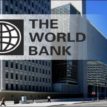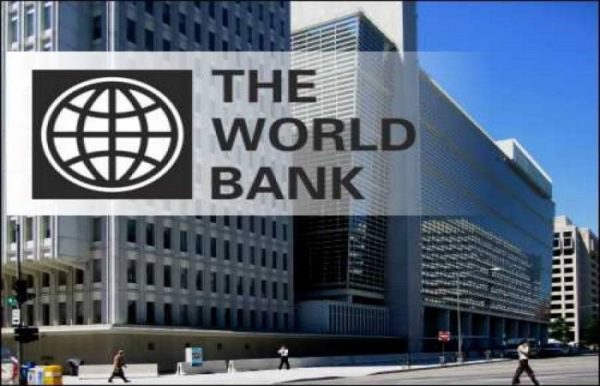World Bank By Ediri Ejoh The latest report of the World Bank’s Global Gas Flaring Reduction Partnership (GGFR) has reported that Nige...


By Ediri Ejoh
The latest report of the World Bank’s Global Gas Flaring Reduction Partnership (GGFR) has reported that Nigeria, Russia, Iraq, Iran, United States, Algeria and Venezuela have been the world’s leading seven gas flaring countries in the past 9 years, accounting for 65 percent of global gas flaring.
The report which was first launched in 2012, stated that these seven countries produce 40 per cent of the world’s oil each year, but account for roughly two-thirds or 65 per cent of global gas flaring.
Gas flaring, the burning of natural gas associated with oil extraction, takes place due to a range of issues, from market and economic constraints, to a lack of appropriate regulation and political will.
READ ALSO:Alleged defilement: Police debunk rumours to release Baba Ijesha
The report stated: “Seven countries continue to light up the global map, year after year: Russia, Iraq, Iran, the United States, Algeria, Venezuela and Nigeria have been the largest flaring countries for nine years running, since the first satellite was launched in 2012.
“This trend is indicative of ongoing, though differing challenges facing these countries. For example, the U.S. has thousands of individual flare sites, difficult to connect to a market.
“However, a few high flaring oil fields in East Siberia in the Russian Federation are extremely remote, lacking the infrastructure to capture and transport the associated gas.”
The report indicates that oil production declined by 8.0 percent in 2020, while global gas flaring reduced by 5.0 percent.
According to the report, “Oil production dropped from 82 million barrels per day (b/d) in 2019 to 76 million b/d in 2020, as global gas flaring reduced from 150 billion cubic meters (bcm) in 2019 to 142 bcm in 2020. Nonetheless, the world still flared enough gas to power sub-Saharan Africa.
“The United States accounted for 70 per cent of the global decline, with gas flaring falling by 32 per cent from 2019 to 2020, due to an 8 per cent drop in oil production, combined with new infrastructure to use gas that would otherwise be flared.
“The practice results in a range of pollutants released into the atmosphere, including carbon dioxide, methane and black carbon (soot). The methane emissions from gas flaring contribute significantly to global warming in the short to medium term, because methane is over 80 times more powerful than carbon dioxide on a 20-year basis.”
The post Nigeria, 6 others account for 65% global gas flaring — World Bank appeared first on Vanguard News.

No comments